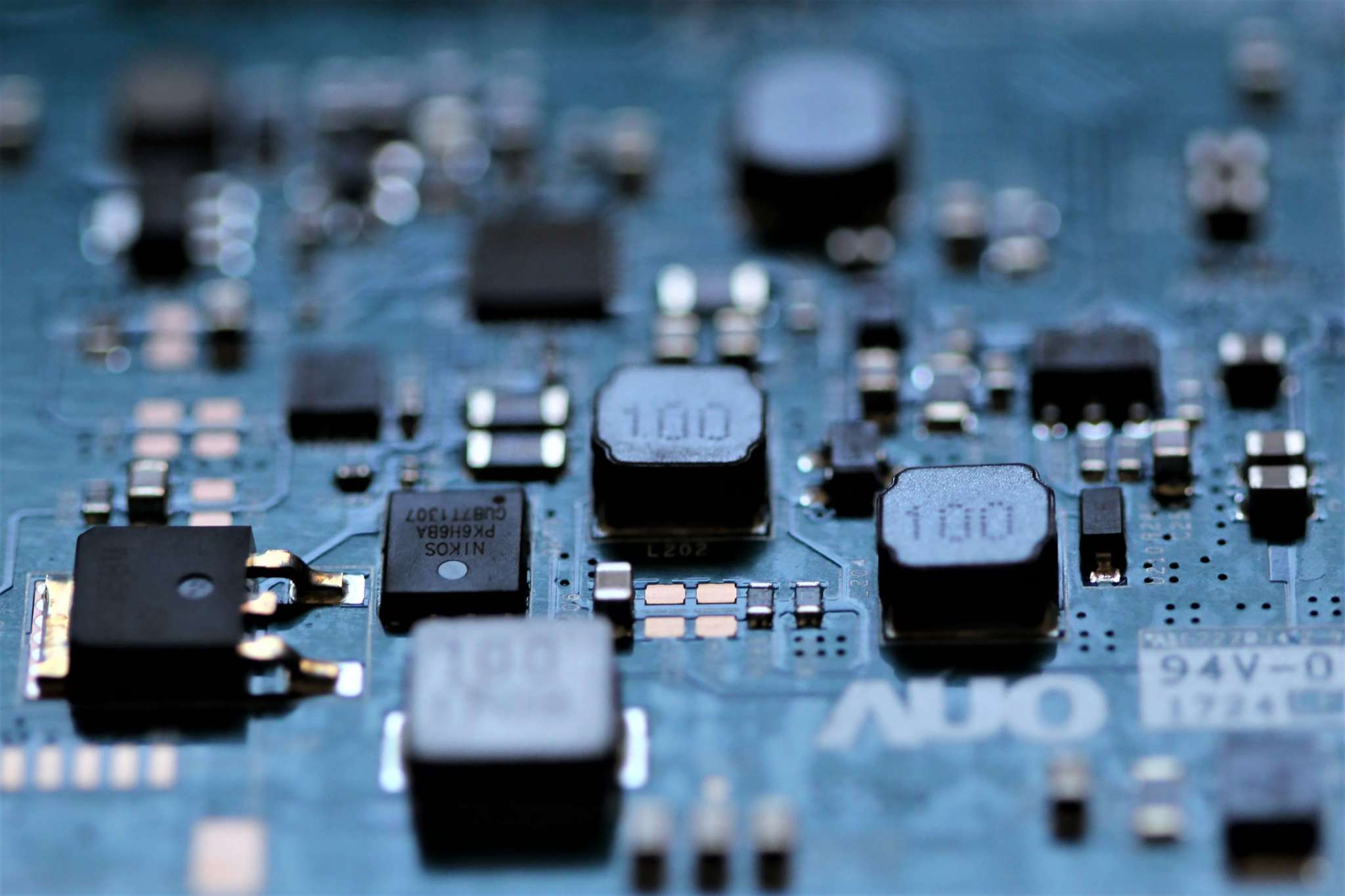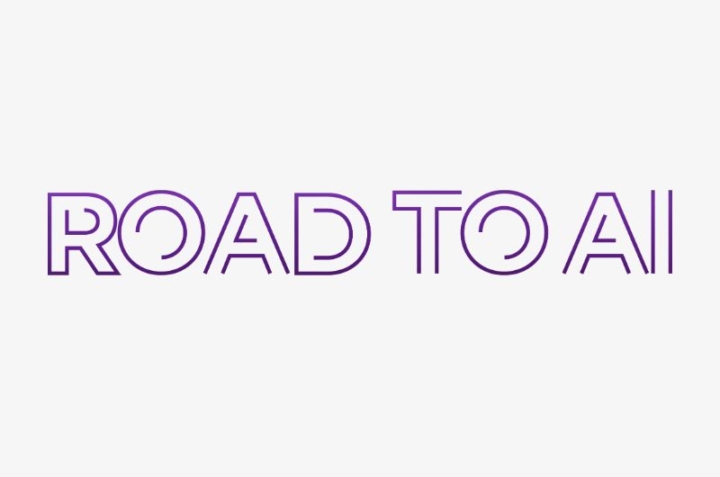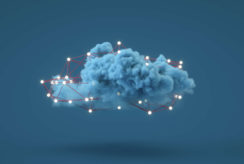This article was co-written with Maher Chebbo, Managing Director of Envision Digital Europe and member of the Council of Engineers for the Energy Transition.
As the debate about the development of Artificial Intelligence (AI) rages on with a surge in new applications, the focus on a connection between digital and sustainable transformation takes center stage.
Should we capitalize on the day-to-day AI explosion to accelerate the transition? Alternatively, could AI point to headwinds with a propensity to bolster old models rather than creating new ones?
Four convictions provide food for thought:
1) The transition needs AI;
2) Technology alone is not enough;
3) AI sparks new challenges for ethics and CSR;
4) AI is one of many intelligence ‘ingredients’ for success in the transition.
AI is essential to the transition
For the resilience of the energy mix, AI will help better manage the diffuse and intermittent nature of renewable energy, which is essential for the energy transition. What’s more, AI will help to industrialize alternative sources of decarbonized energy (e.g., green hydrogen) by optimizing tomorrow’s large-scale electrolyser facilities. AI will also serve as mediator between a range of energy sources and storage solutions including batteries, hydrogen, and geostorage.
With respect to usage management, AI will: identify needs more effectively; forecast scheduled building consumption; maximize control for various loads; and mediate between energy use, required for future storage, and the resale of decarbonized energy. AI will provide better assistance as the boundaries blur between producer and consumer, supporting the numerous combined instances of electricity generation, consumption, storage and reduction prior to market trading. Suffice it to say, this technology is impacting industries across the board. These include electric mobility, heating and ventilation, water and waste management, air quality, traceability and logistics optimization.
The ecological transition requires organizations to process vast datasets and AI makes this endeavor more affordable all the while consuming a burgeoning flow of complex information. Stakes are high if we are to implement new non-financial reporting regulations (Corporate Sustainability Reporting Directive – CSRD, EU Taxonomy, etc.) and increase their reliability.
Technology alone is not enough...
AI Cloud applications aside, new paradigms are emerging such as Edge AI which leverages built-in intelligence for connected objects, equipment, and facilities in manufacturing. As such, this solution enables faster processing of data while driving energy efficiency. One notable example is STMicroelectronics, with its recent innovations that cut energy consumption for household appliances by 40%. Parallel to this, other apps are under development to optimize air conditioning systems and detect water leaks.
Such innovation remains in its formative stage. To fully harness its capabilities for the transition, this innovation calls for three drivers:
- Proven, long-term business models;
- Fully structured sectors combining companies with complementary expertise, sovereignty awareness, and a common vision and ambition;
- An incentivizing regulatory system (governance, standards, etc.).
AI sparks new challenges for CSR
Generative AI tools trigger cornerstone issues for society, with the mass mobilization of ‘data workers’ tasked with pre-training algorithms and resolving any glitches. Artisans from all over the world (Turkey, Kenya, South Africa, Venezuela, Philippines…), as revealed by a Time Magazine investigation in January 2023, denouncing OpenIA’s practices.
The fast-track development of AI in multi-million connected devices will have lasting effects on the environment. Growing demand for semiconductors and key components is adding to the pressure on multiple resources (water, energy, and precious metals to name but a few!). At a later stage, a myriad of obstacles will persist before we can step up the circular economy and mitigate pollution risks.
Against this backdrop (on top of the challenges posed to ethics, training and upskilling, intellectual property, and shared value creation), we must introduce clear rules and legislation at the global level which comply with a duty of care. We need to conduct a critical and ethical review of AI technologies for society at large in order to define acceptable conditions for use.
AI is just one of the many forms of intelligence needed
In addition to technical challenges, the ecological transition is still a complicated political undertaking involving many different stakeholders (influenced by a host of unforeseen and external factors, related to the way the world works). That is before mentioning users’ justifiable resistance if benefits are neither planned nor explicit.
Though forever optimistic, one thing is certain. AI is simply incapable of replacing other types of intelligence (political, social, cultural, geostrategic, etc.) – which are all needed for a successful transition. Moreover, this technology must safeguard diversity in languages, cultures, values and perceptions which act as a wellspring for this world, compared to its current Web-based, data-driven status which, by definition, is misrepresentative. AI forms just one stage of a drawn-out process: let’s seize the opportunity!
Our greatest challenge lies ahead: how we connect and balance intelligence from humans and technology with essential needs to invent a winning formula and combine all the components (sometimes conflicting) to propel the transition. The collective task at hand is monumental – to coordinate and manage worldwide change, throughout every single organization involved.
Let's continue our exploration:
Get your questions answered by our Data & AI experts. Find out how we can help you realize the full potential of AI for your organization.
Read our “Road to AI” series to explore the many facets of artificial intelligence and unlock its power to grow your business.






